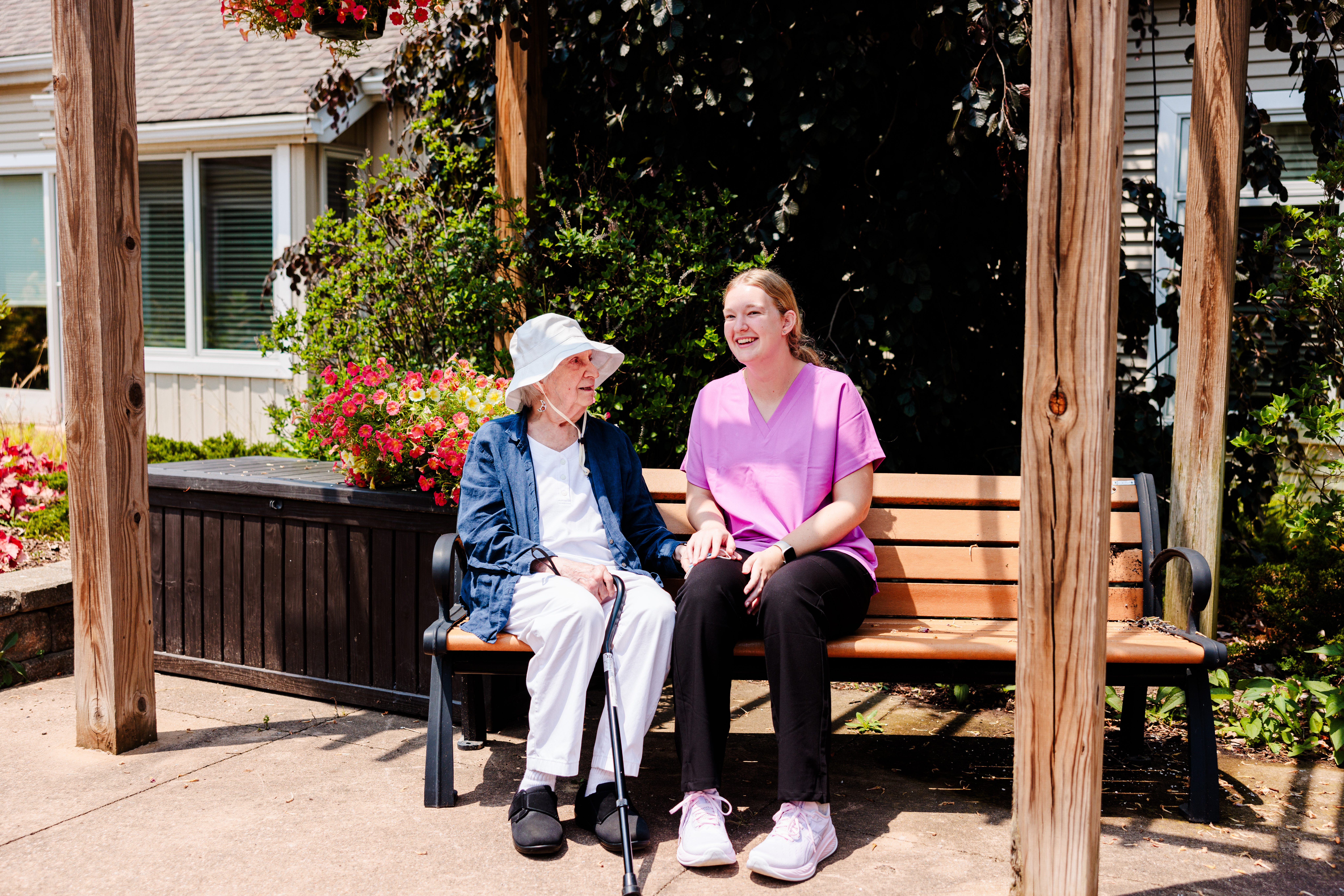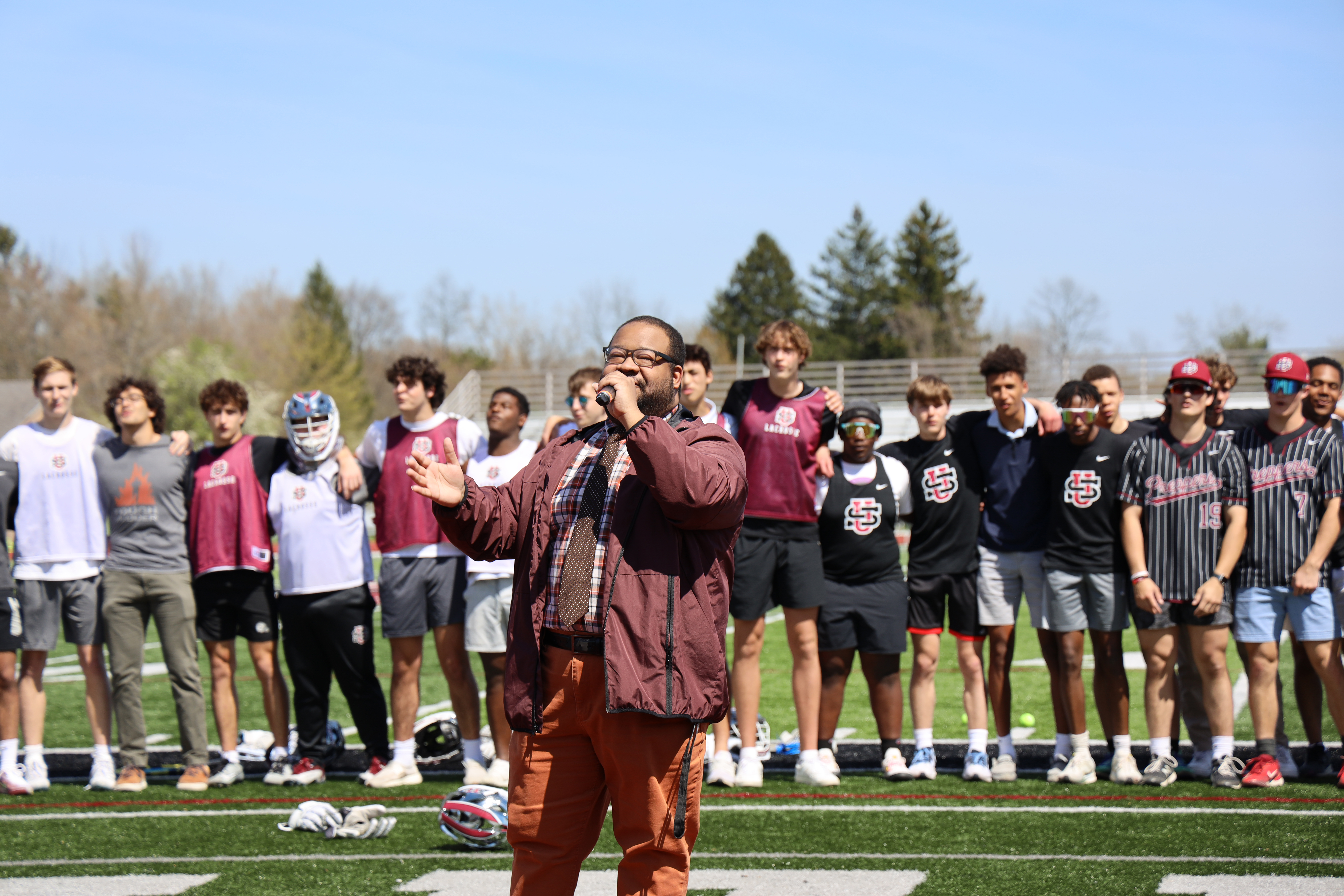Top Docs - The Caretaker
Working to help senior citizens outside the doctors office.
by Kim Schneider | Feb. 27, 2006 | 5:00 AM
Dr. Kyle Allen grew up with a large extended family in Chillicothe, helping take care of both sets of grandparents and his great-grandmother, who lived in her home until she was 99 years old.
"To see her live that long on her own was inspiring," he says.
He would cut the grass, move heavy boxes and do any other work on his grandparents' farm that needed to be done. "Being around older adults was very much a part of my life," he says. "So I knew early on in medical school that I had a close interest in geriatrics."
Allen, medical director of Akron's Summa Health System's post acute and senior services and chief of the division of geriatric medicine, began working at Summa in 1994 as a clinical educator. He now spends most of his time working on innovative models and research to improve the care for older adults rather than seeing patients daily.
With a grant from the National Institutes of Health and the National Institute of Neurological Disorders and Stroke, he is conducting a three-year study on an innovative model of post-stroke care to improve secondary prevention of a stroke. "Often stroke patients do not control blood pressure, diabetes, cholesterol or take appropriate medications," he says. "This study was designed to see if we could give a stroke patient a health navigator or a care manager to help coach them to optimize their care and well-being after a stroke."
In October 2005, Allen, 45, was awarded a second grant for $830,000 to study a care-management model for low-income, frail elderly at the time of hospital discharge. "It's really exciting, because we need a lot more of that kind of research in our country to determine how best to serve those with chronic illnesses," he says. It could even lead to a policy change, showing a model that improves quality and cost effectiveness of care for people with multiple chronic illnesses.
Allen says it's important to improve the kind of care that continues once a patient is discharged from the hospital, shifting from the primary focus on acute care to emphasize improving chronic illness care. "Affordability affects access for older adults," Allen says. "It's about having a system designed to deliver the right care to the right place at the right time."
In addition to the 12-hour days he puts in reviewing patient cases with nurses and working on administrative issues, Allen is an associate professor of internal medicine and clinical family medicine for Northeastern Ohio Universities College of Medicine and has an academic appointment with Ohio University in the college of osteopathic medicine and the department of geriatric medicine.
"Dr. Allen is such as visionary when it comes to addressing needs of this population," says Dr. Maryjo Cleveland, associate director of the Center for Senior Health at Summa. "He sees problems, but he also sees creative solutions."
He still has a few things to figure out, though. "One thing I struggle with is that I enjoy seeing patients," he says. "But do I work on systems of care versus seeing 20 patients a day? It's a trade-off."
Trending
-
1
-
2
-
3
-
4
-
5










